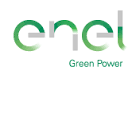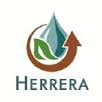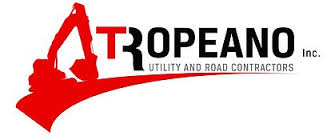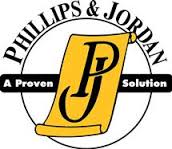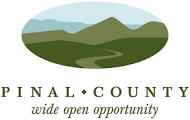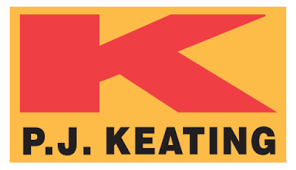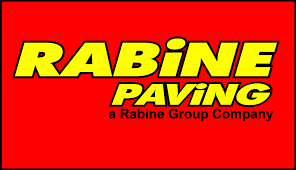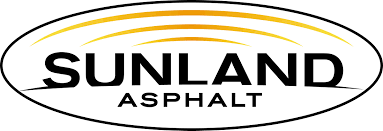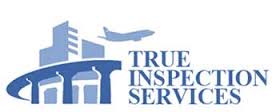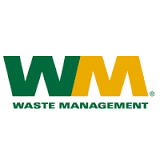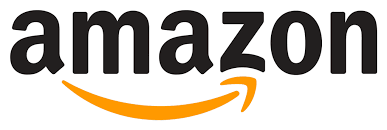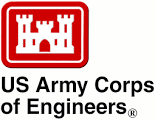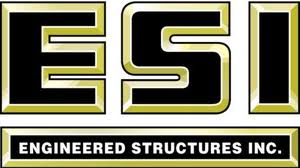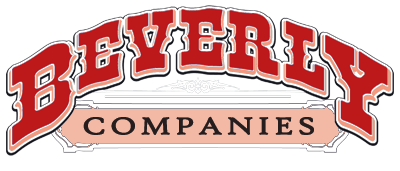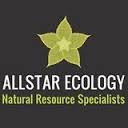News
U.S. EPA Seeking to Fund Innovative Solutions for Preventing Pollution
Mar 23, 2020
SAN FRANCISCO – The U.S. Environmental Protection Agency (EPA) is calling on states, federally recognized tribes, universities, local governments, and other groups to apply for funding support through the Source Reduction Assistance Grant Program. Grants awarded under this program will support innovative solutions for source reduction or pollution prevention (P2) through research, education, training, or certain other methods.
“As we commemorate the 50th anniversary of EPA, we are reminded of the importance of practical ways to reduce pollution,” said EPA Pacific Southwest Regional Administrator John Busterud. “The assistance provided through these grants not only supports EPA’s mission of protecting human health and the environment, but also will help American businesses improve environmental performance and reduce costs.”
EPA’s Pacific Southwest region anticipates awarding as many as three individual grants of $20,000-$160,000 for a two-year funding period. The region includes Arizona, California, Hawaii, Nevada, the Pacific Islands, and 148 tribal nations.
These grants aim to support technical assistance and projects that encourage businesses to identify, develop, and adopt P2 practices and reduce waste. Grant applications should focus on at least one of the P2 priority areas, also referred to as National Emphasis Areas:
- Food and Beverage Manufacturing and Processing
- Chemical Manufacturing, Processing, and Formulation
- Automotive Manufacturing and Maintenance
- Aerospace Product and Parts Manufacturing and Maintenance
- Metal Manufacturing and Fabrication
Proposals are due by May 15, 2020. Additional information is available online at: https://www.epa.gov/p2/fy-2020-and-fy-2021-source-reduction-assistance-grant-program-request-applications.
Past grant recipients in the Pacific Southwest Region include:
Western Nevada College (Carson City, NV) received $180,000 to launch a green business pilot program and provide assistance to 30 manufacturers in food processing and electronics on chemical alternatives, water reduction, energy efficiency, and environmental best practices.
Manomet, Inc. (Plymouth, MA) received $120,000 to help grocery stores in California, Arizona, and Nevada reduce their use of energy, water, and hazardous chemicals. Manomet conducted on-site assessments at more than 60 grocery stores, trained store and corporate staff on energy and water conservation techniques and measured behavioral change and implementation. Participating stores reduced energy use by more than 23 million kilowatt hours, conserved nearly 57 million gallons of water, and reduced toxics use by 4,600 pounds. Collectively, these measures saved the stores more than $25 million in operating costs.
Clean Water Fund (Oakland, CA) received $55,298 to assess and demonstrate how large catering operations could reduce the use of disposable tableware. The project also developed a calculator to measure greenhouse gas reductions from implemented changes and developed environmentally preferable purchasing guidelines to reduce toxics in disposable tableware. Working with two demonstration sites, the project reduced use of more than 2.6 million disposable items, conserving more than 27,000 pounds of material and preventing 10 metric tons of greenhouse gases from being released.
Read more about the Source Reduction Assistance Grant Program.
Learn more about EPA’s Pacific Southwest Region. Connect with us on Facebook and on Twitter.
MS4 Requirements



